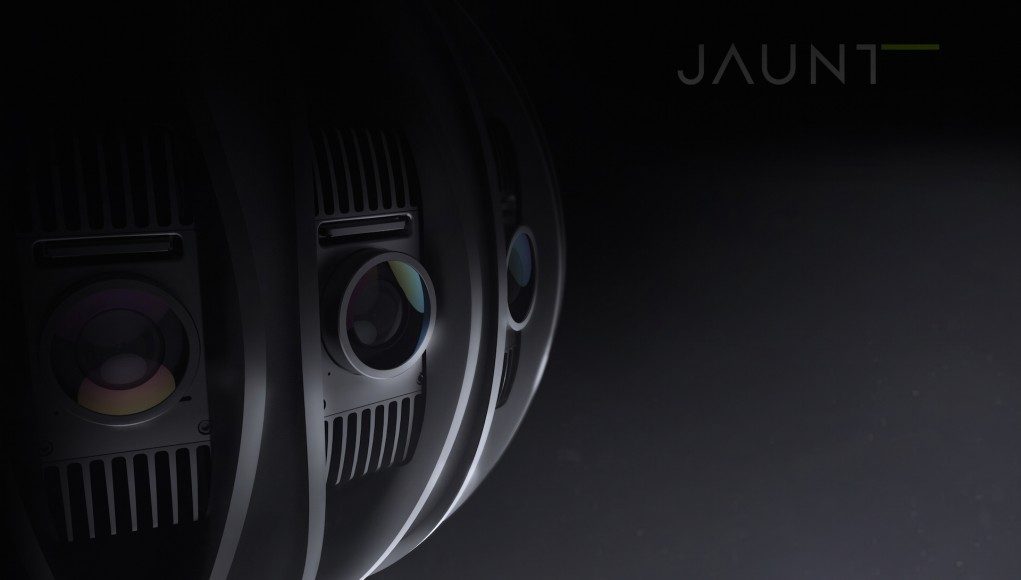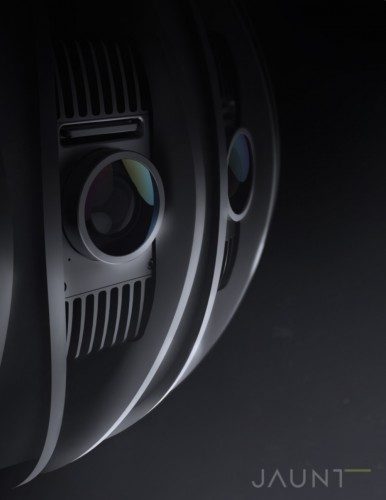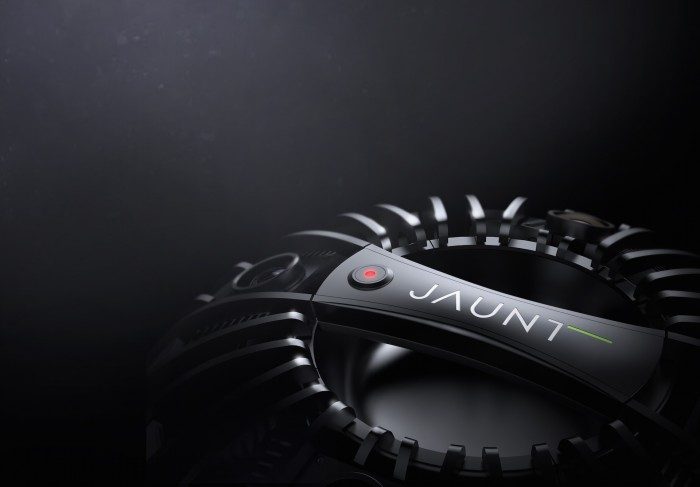Jaunt VR, the cinematic VR company, has today announced its 5th generation of cinematic VR cameras, codenamed ‘NEO’, built using Light Field technology.
Jaunt has sure been busy recently. The company recently announced that it had become a ‘preferred partner’ with Google on cinematic VR content on the search giant’s Cardboard VR platform, giving the company’s profile a boost in the space. Now, Jaunt VR have announced its 5th generation VR camera technology which it claims is “…the culmination of two and a half years of extensive research and development, prototyping and field testing.”
Built around light field camera technology, which captures both the direction and intensity of light, the NEO camera should allow the cinematic VR specialists to film 360 degree 3D footage that can be rendered to allow some degree of parallax when viewed inside a VR headset. That is, you’ll not only be able to glance up, down, left and right around a scene, you should also be able to ‘dodge’ left and right to glance around and behind objects, to an extent. The technology means an extra level of immersion for VR video content and may also potentially alleviate motion sickness as imagery can be rendered to obey lateral head movements.
“NEO”. The 5th generation of camera systems created by Jaunt, “NEO” has been designed and the culmination of two and a half years of extensive research and development, prototyping and field testing. Elevating not only the capture and quality of VR content, “NEO’s” stunning, sleek industrial design represents the technological step forward this camera system brings to the VR landscape.
It’s interesting to hear Jaunt pitch this latest generation of camera technology as “professional-grade”, as it seems to indicate that the company viewed previous technology prior to NEO as R&D steps to a capture system it was truly happy with. Although, with no technical specifications to go on, it’s not entirely clear precisely what NEO means for prospective content creators. Jaunt states that the focus for this latest generation is to ease the technical process of capturing and let those talented artists concentrate on what matters, creating compelling VR content.
NEO‘s high level features announced thus far:
- High quality, high resolution, full 360° capture
- Custom optics specifically designed for 3D light-field capture
- Large format sensors with superior low-light performance
- High dynamic range (HDR) imaging
- Fully synchronized global shutter sensor array
- Time-lapse and high frame-rate capture
- Compact and weatherproof form factor
- Stunning 360 degree industrial design by LUNAR
- Extensive tool set for configuration, rendering, and asset management
With luck we’ll learn more about the system’s capabilities, and more importantly what content captured using it looks like, very soon. It’s not yet clear how the company intends to deliver content created using NEO; rendering high resolution light field content is somewhat intensive. It’s also not quite clear how NEO’s Light Field content plays with Google’s ‘Jump’ 360 VR video pipeline, as announced at Google I/O recently.
Nevertheless, watching this space evolve as rapidly as it is brings new hope that artefact free cinematic VR video content, sans stitching glitches etc., may well be just around the corner.









